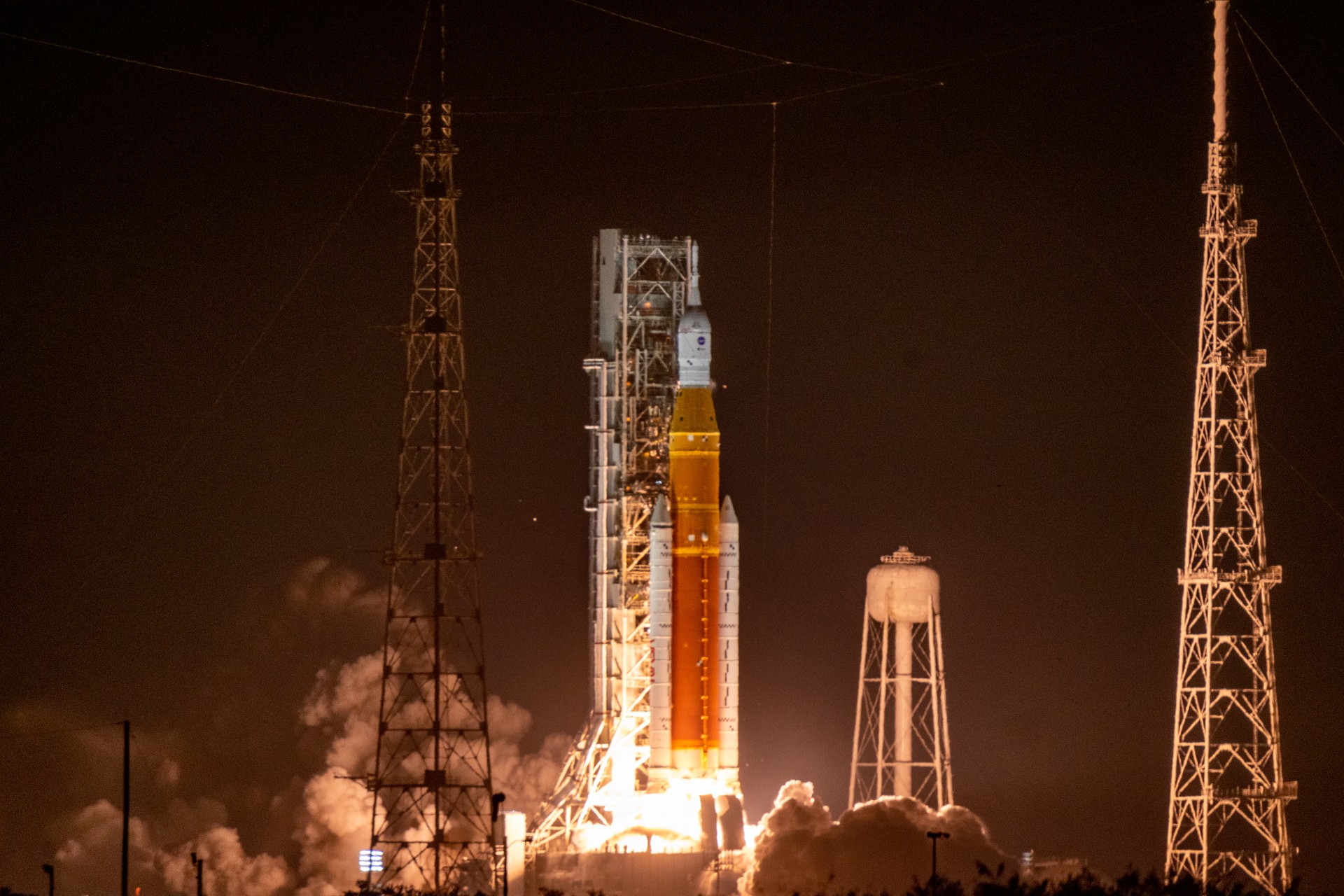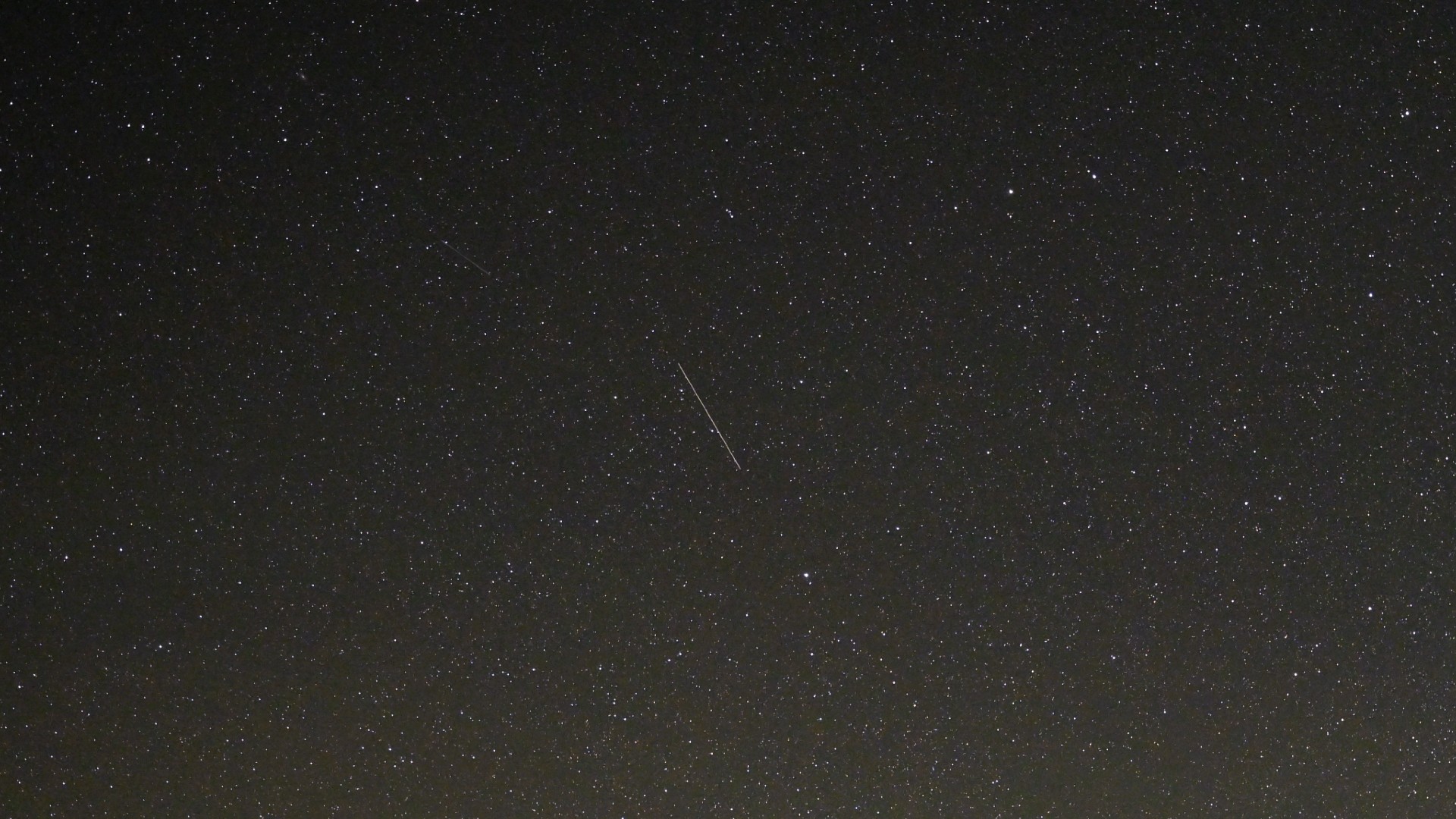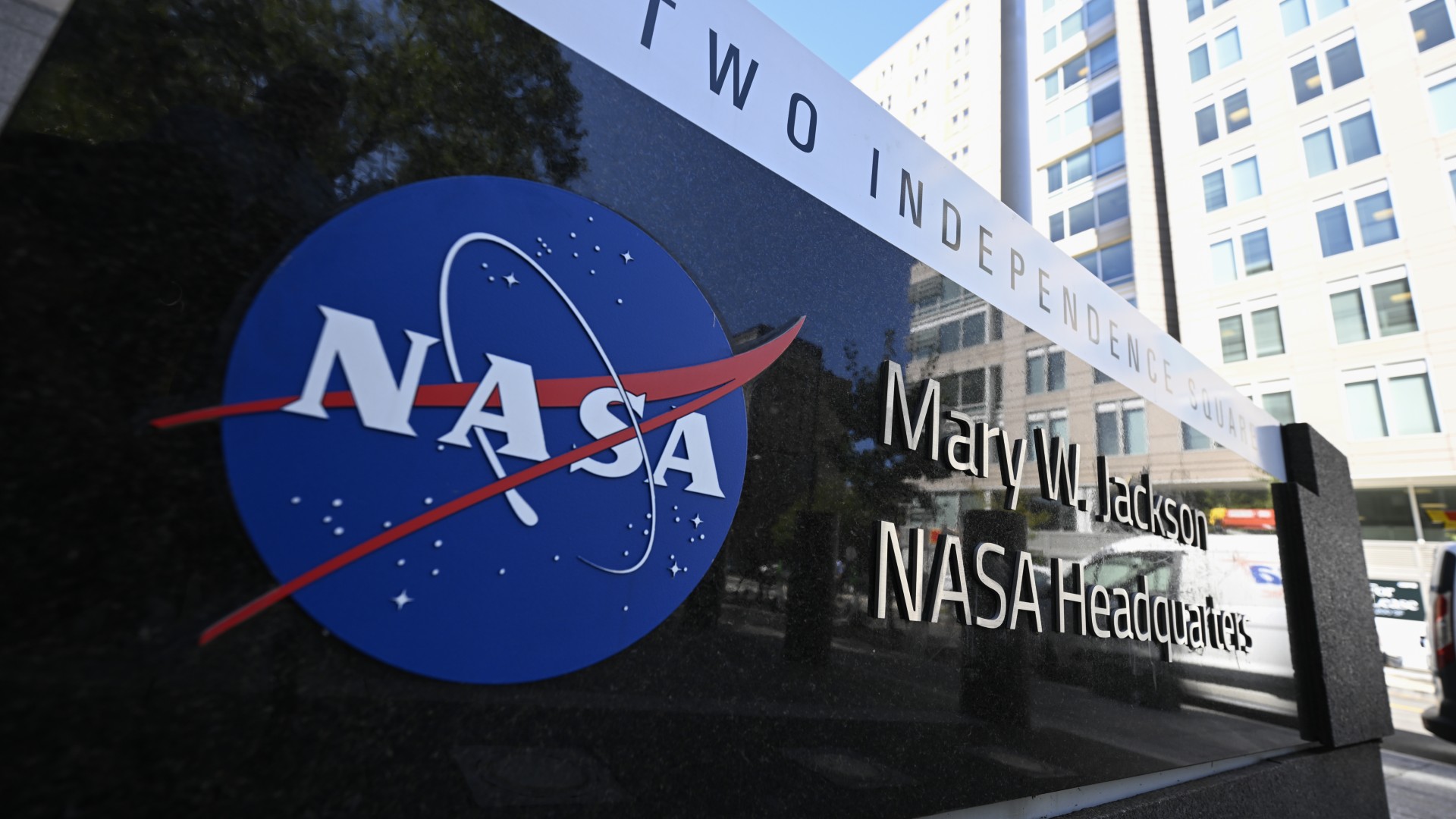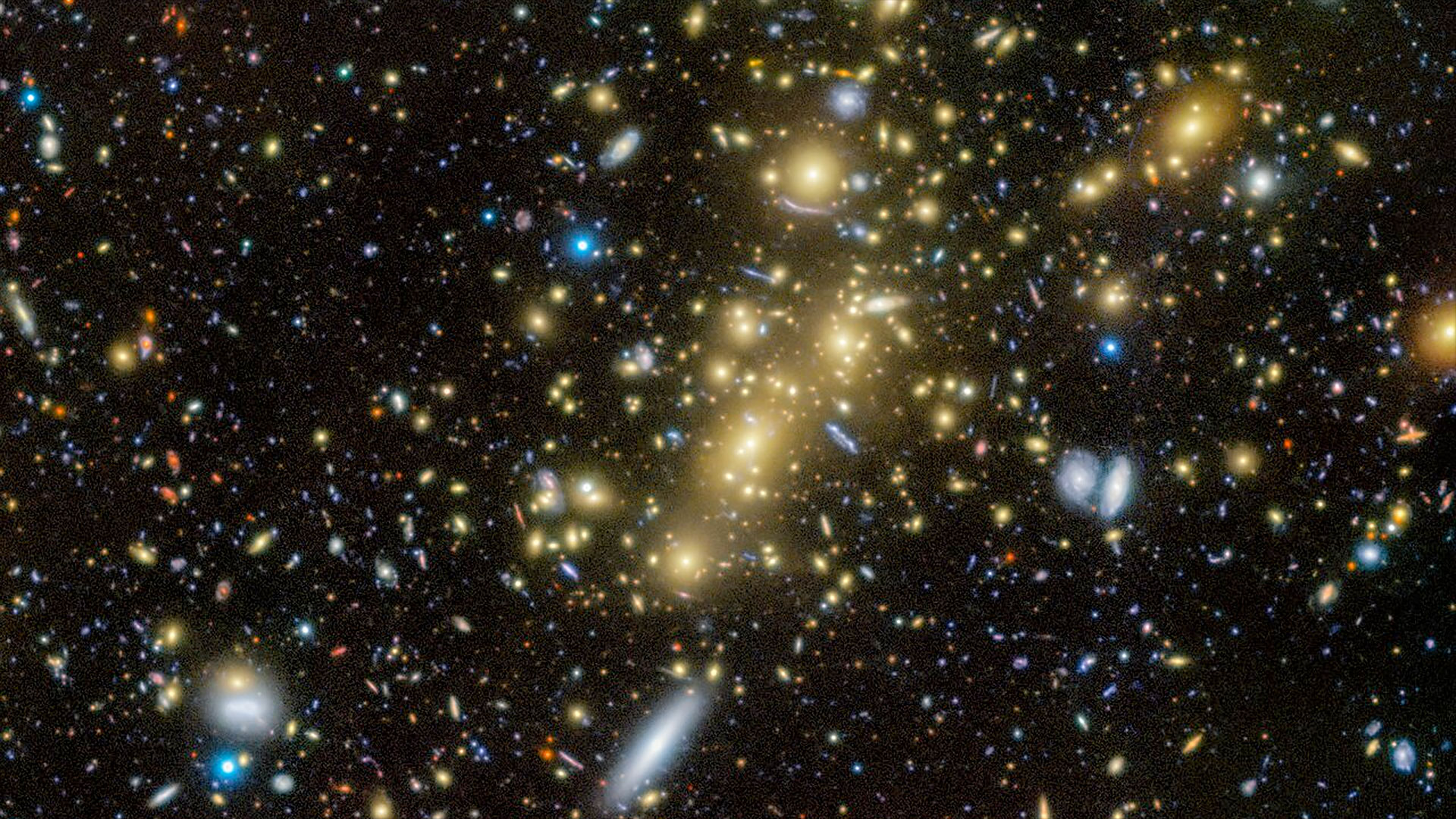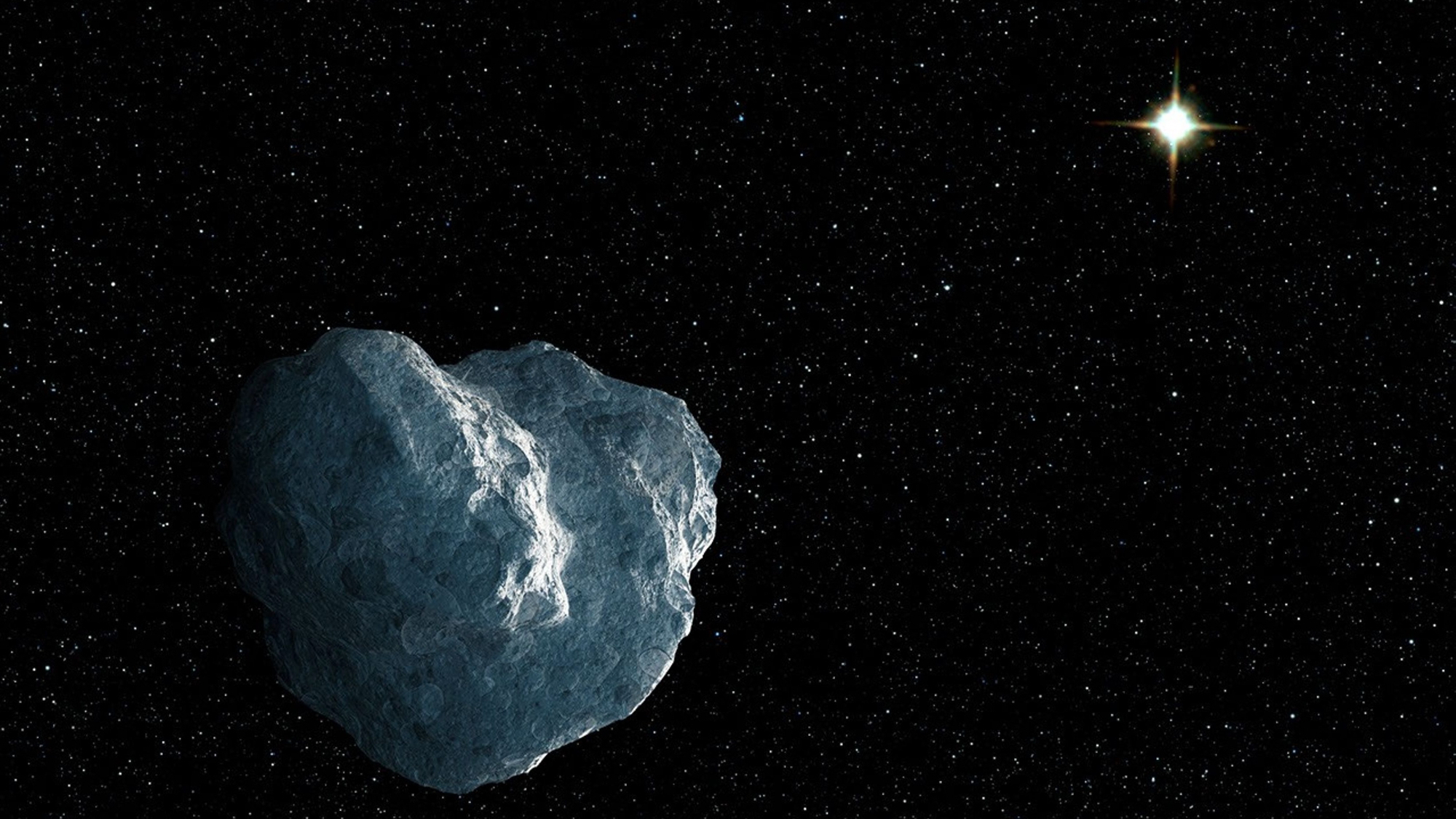
Last Chance for Citizens to Nominate National Space Council Advisory Members
Wednesday (Jan.10) is the last day for U.S. citizens to submit nominations for an advisory group to President Donald Trump's National Space Council, according to a statement from NASA.
The current iteration of the National Space Council (NSC) was established by Trump in June; it serves as an advisory board to the president on issues relating to public and private space exploration and operations. Vice President Mike Pence serves as the NSC chairman, and Scott Pace, head of the Space Policy Institute at George Washington University, serves as its executive secretary.
The council's Users' Advisory Group (UAG), for which public nominations are now open, was recently established by NASA at the direction of Pence and Trump. The group will "advise and inform the National Space Council on a broad range of aerospace topics, including the impacts of U.S. and international laws and regulations, national security space priorities relating to the civil and commercial space sectors, scientific and human space-exploration priorities, and ways to bolster support for U.S. space priorities and leadership in space," according to the statement from NASA. The committee will consist of from 15 and 30 members in two separate roles: representatives and special government employees.

"Representatives will come from nonfederal organizations, such as private industry, and represent the perspectives and interests of their communities," according to the statement. "[Special government employees] will be selected for their individual knowledge and expertise in their relevant field to provide objective advice."
The first NSC was established in 1958, but President Richard Nixon disbanded it in 1973 by. President George H. W. Bush re-established the council in 1989, and it was once again dissolved in 1993 under President Bill Clinton.
Because the NSC has no official power, experts largely agree that the effectiveness of the council depends on how much the president chooses to heed the advice of its members. One of the newly established council's first initiatives was to outline a directive for NASA to send humans back to the moon. That work provided the architecture for the Space Policy Directive 1, which the president signed into law in December.
Follow Calla Cofield @callacofield. Follow us @Spacedotcom, Facebook and Google+. Original article on Space.com.
Get the Space.com Newsletter
Breaking space news, the latest updates on rocket launches, skywatching events and more!
Join our Space Forums to keep talking space on the latest missions, night sky and more! And if you have a news tip, correction or comment, let us know at: community@space.com.
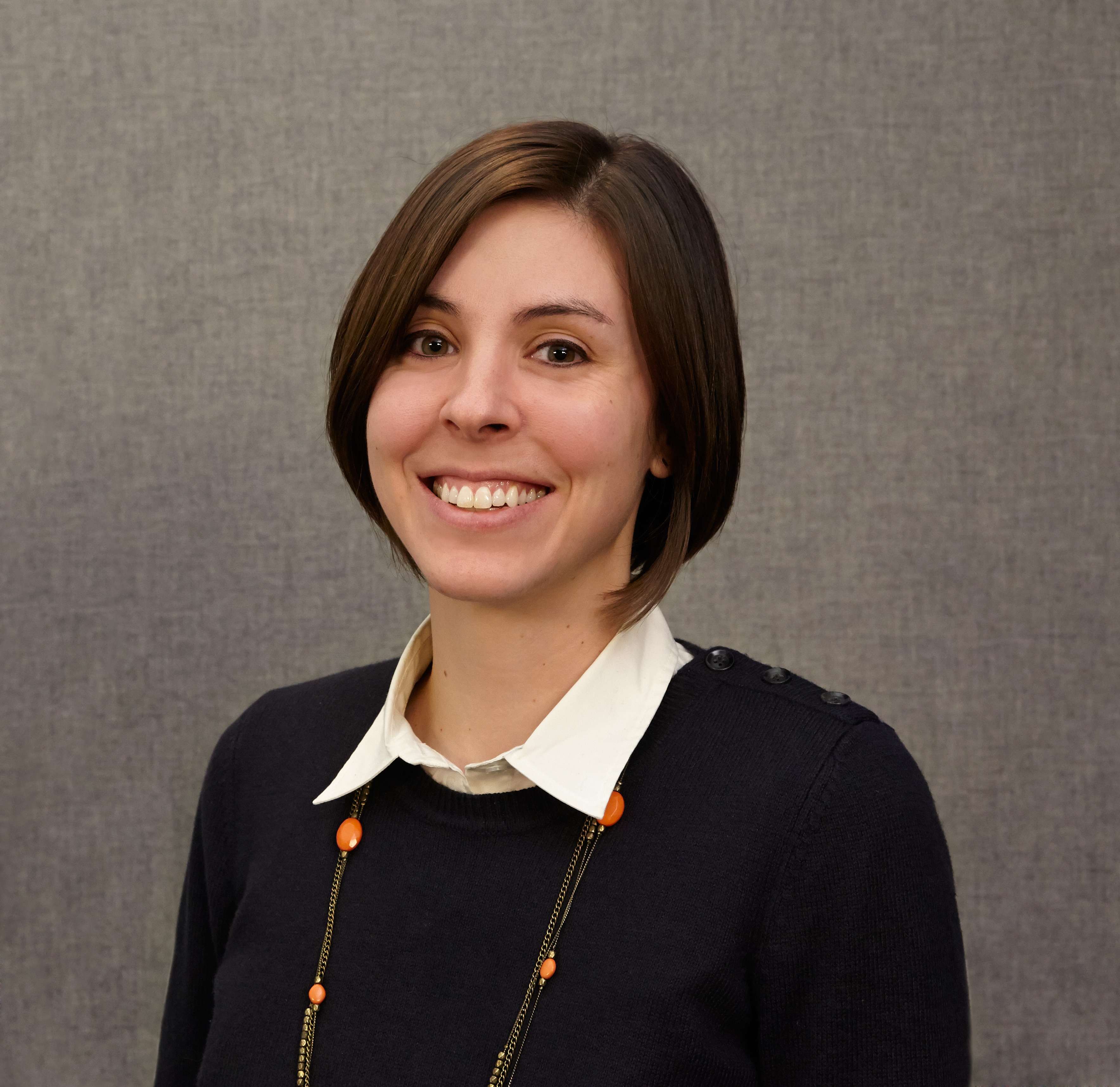
Calla Cofield joined Space.com's crew in October 2014. She enjoys writing about black holes, exploding stars, ripples in space-time, science in comic books, and all the mysteries of the cosmos. Prior to joining Space.com Calla worked as a freelance writer, with her work appearing in APS News, Symmetry magazine, Scientific American, Nature News, Physics World, and others. From 2010 to 2014 she was a producer for The Physics Central Podcast. Previously, Calla worked at the American Museum of Natural History in New York City (hands down the best office building ever) and SLAC National Accelerator Laboratory in California. Calla studied physics at the University of Massachusetts, Amherst and is originally from Sandy, Utah. In 2018, Calla left Space.com to join NASA's Jet Propulsion Laboratory media team where she oversees astronomy, physics, exoplanets and the Cold Atom Lab mission. She has been underground at three of the largest particle accelerators in the world and would really like to know what the heck dark matter is. Contact Calla via: E-Mail – Twitter


